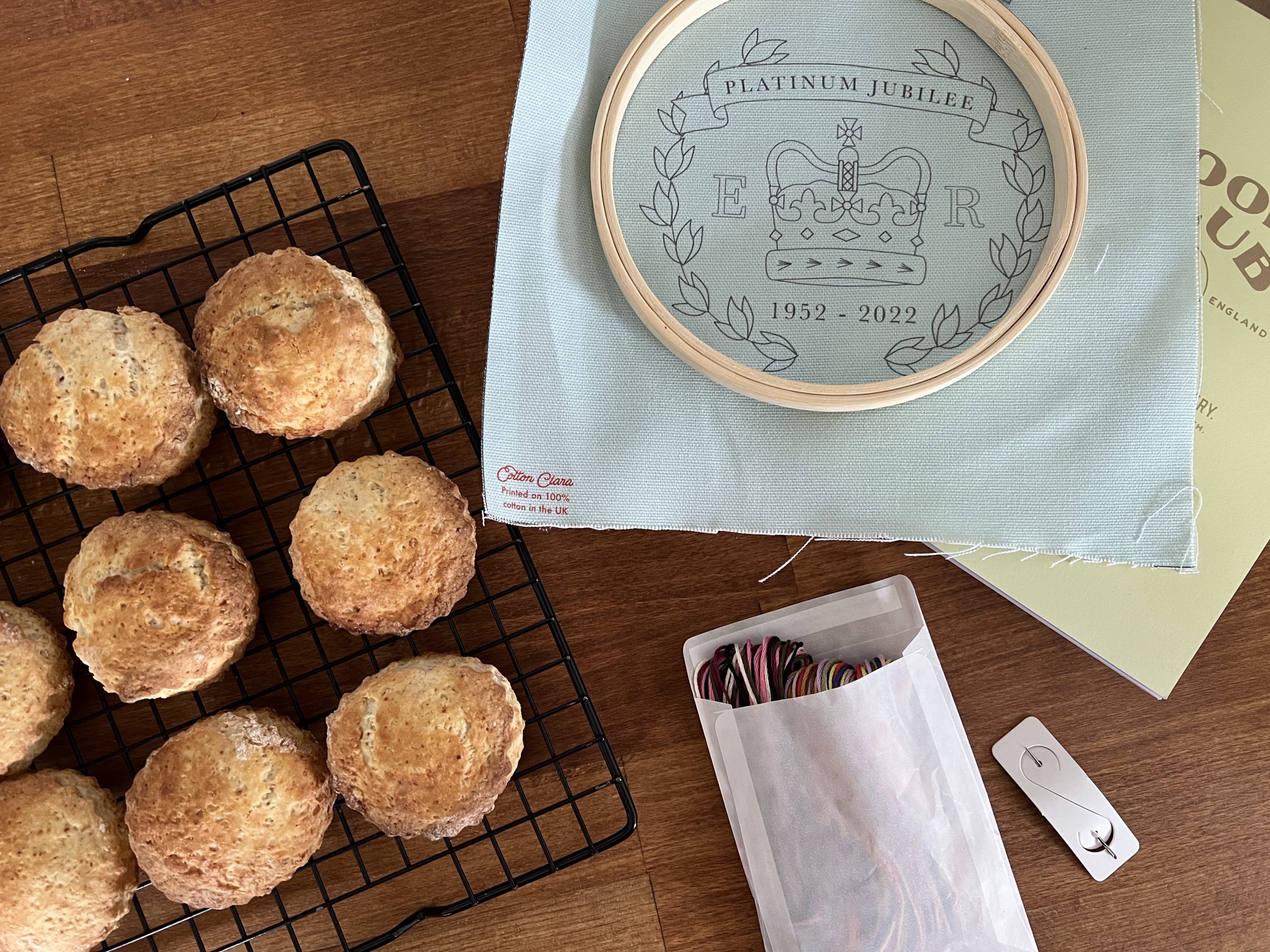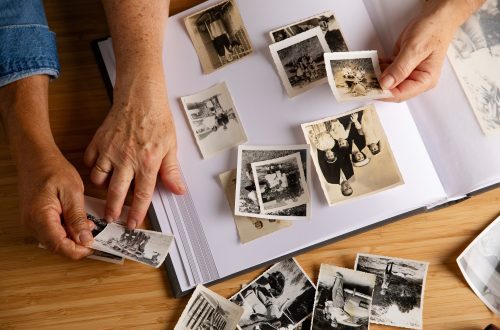Disclosure – this is a sponsored post
Across different cultures, coming of age is celebrated in many ways and sometimes at different ages – a Bat and Bar Mitzvah being celebrated at age 12 and 13. In the UK a gift representing a key is usually given for someone’s 21st birthday, however the symbolic gesture is becoming increasingly common for 18th birthday celebrations too. Traditionally, the key was to signify trust in a child for leaving and coming back to the family as pleased; freedom. Or another tradition was the child leaving the family home for their own. Today, most teenagers are provided a key in their early years and the increasing cost of house prices means the average age of first-time homeowner is 34; a fair few years on from 18 and even 21. This leaves the key being a symbolic gesture for their next steps in life and opening doors to their possibilities.
Why Junior ISAs are an ideal coming of age gift
A coming of age gift may be way into the future, when all you can think about is their next bottle, or their first day at school. However when thinking about the ideal gift for an 18 year old currently, the need for financial support (a nest egg) for your child could mean the ability to get onto the property ladder, proceed with further education and have less money stress; especially with the rise of living costs and interest rates currently being popular topics.
What is a Junior ISA?
A Junior ISA, sometimes shortened even further to JISA, is a Junior Individual Savings Account, which is a savings account for a parent (or a person with parental responsibility) to save on behalf of a child and provide that nest egg for them when they reach adulthood.
The money saved in the Junior ISA is tax-efficient and your child will be able to access it from their 18th birthday.
If you have an ISA yourself, a JISA is the child’s equivalent.
How does a Junior ISA work?
Family and friends can contribute up to the government allowance each tax year (this is currently at £9,000 for the 2021/22 and 2022/23 tax years). From age 16, the child can choose to manage their savings themselves. At age 18 the Junior ISA will automatically roll into an adult ISA, where your child will be able to access some or all of the money and has the opportunity to continue to save towards their future.
What are the benefits of a Junior ISA?
The main benefit of a Junior ISA is that any money saved will be a financial gift to your child at age 18. And no matter the size of the pot, this will help support them with their decisions in life.
Until they turn 18, the benefit is that anyone can contribute, making it a perfect option for birthday and other key milestone and celebration gifts – a present for the future.
The money is locked away and can only be accessed by your child at age 18.
There are two types of JISAs, a cash JISA and a stocks and shares JISA, your child can have one or both, as long as the combined amount does not exceed the contribution limit set by the Government (currently £9,000).
You can start saving for their future with a low minimum contribution, for example £10, depending on the provider.
When can a child access a Junior ISA?
From age 18 a child can access the money saved for them, on their 18th birthday the Junior ISA will automatically roll into an adult ISA, which means they can still have access to the money but with the option to continue to save towards their future.
What can a child do with the funds within their Junior ISA?
Currently the average savings pot for an 18 to 24-year-old in the UK is £2,481. Although this would seem a lot to an 18-year-old, we know as parents that this pot of money can soon disappear with the responsibilities of an adult. It wouldn’t even cover the average cost of a first car (over £3,000), university fees (over £45,000) or be even close to a deposit for a first home (over £48,000).
No matter the amount of money saved in the Junior ISA when they reach age 18, it is sure to make a big difference to them; whether it is helping towards university accommodation, school books, driving lessons or even to purchase their first car.
How do I pay into a Junior ISA?
Most providers will allow you to make a regular payment (this would be by Direct Debit), or you can make one-off payments as often as you please, which can usually be made by debit card, bank transfer or even go old school and get the cheque book out!
Your child may be too young to have a goal or aspiration (one that they will pursue in adult life anyway), however a Junior ISA can help towards opening a wide range of opportunities when they reach adulthood, therefore instead of the traditional key gift idea why not open a Junior ISA to open the door to many opportunities in adulthood.
As with all stock market investments that value may fall as well as rise and you may get back less than paid in.








